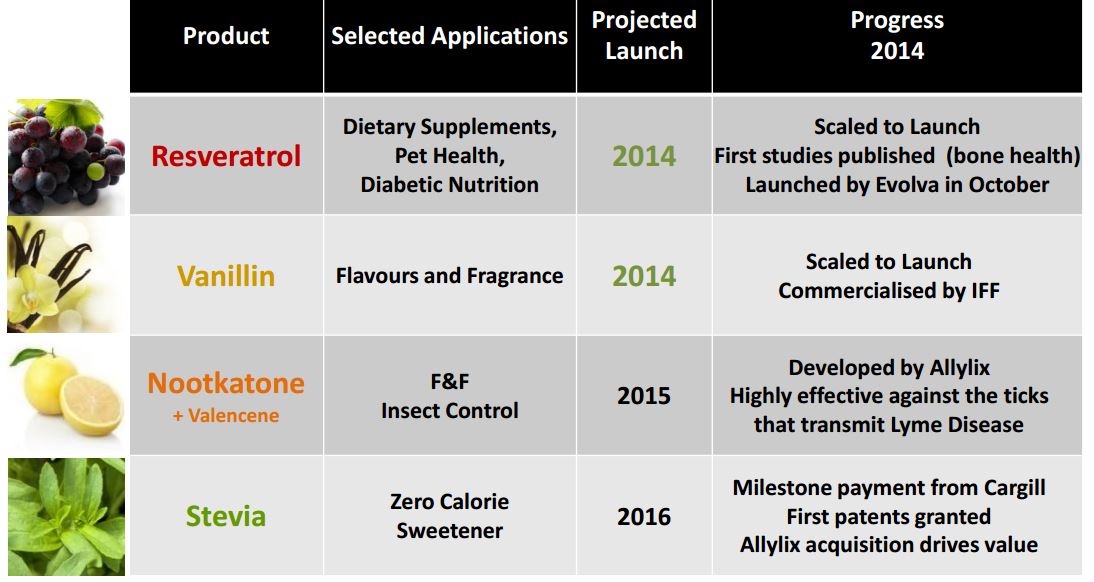3.4.1 Case study 4L Bio-synthesis
Course subject(s)
Module 3. How: Stakeholder engagement and gender dimension

About the company
Evolva was created in 2004, as one of the first synthetic biology firms in the world. Evolva leverages modern biotechnology, including synthetic biology, to produce what are called yeast “strains,” which are then brewed like beer in the traditional fermentation process. The purified end product contains no recombinant material. These end-products are molecularly identical to those traditionally extracted from plants, animals and petrochemicals. In this way, Evolva seeks to replace ingredients that have ‘issues’ meaning that the natural ingredient is not available at the right quality or price that allows most of us to benefit from it in a sustainable manner.

The company is committed to Responsible Innovation. However, this has not prevented resistance from actors such as critical environmental NGOs. Their concerns are related to:
-
- Safety: Genetically modified organisms are a potential threat to biological diversity if they escape to the environment. The regulatory process and frameworks for these products are not strict enough according to opponents.
- Threat for existing value chains/benefit sharing: Long lasting tradition and knowledge of existing farming practices may in the long term become redundant if biotech and fermentation-derived products replace those from small, independent farms in developing countries. Producing products using a gene that can be found in a plant that has been traditionally harvested in geographies known for their fragile communities may require the biotech producer to provide some form of access and benefit sharing per the UN Convention on Biological Diversity and the Nagoya Protocol.
- Sustainability: Fermentation products are not environmentally sustainable because it requires a carbohydrate feedstock. The most common feedstock used for the yeasts in South/North America and European fermentation production is sugar, the production of which may lead to deforestation.
- Labelling/marketing: Synthetic biology and many other forms modern biotechnology are considered to be “extreme genetic engineering” and hence its products should not be allowed to be labelled as “natural” even if these products are chemically identical to the product that was extracted from animals or plants, and contains no trace of the genetically modified yeast used in its production.
Evolva invests in maintaining relationships with stakeholders. They invite critical perspectives from the beginning of their innovation trajectories and meet with nonprofits that follow biotech and emerging technologies with a sustainability narrative, such as Forum for the Future, Woodrow Wilson Centre and NGOs such as World Wildlife Fund.
However, especially the interaction with some NGOs proves to be very complicated. Some NGOs, such as the ETC group, Friends of the Earth Berkeley and the Consumers Union US remain vehemently opposed to the innovations of Evolva, including when Evolva invites them to conversation and collaborations. There is concern that being transparent makes the company more vulnerable to criticism.
Documentation
For all results of the pilot go to: https://www.rri-prisma.eu/pilot-results/evolva/
Videos
Suppose you think have developed a great product but the public is very sceptical and does not trust this. What to do? In the next interview we will discuss this with Stephan Hererra of Evolva.
Interview with Stephan Herrera

Responsible Innovation: Building Tomorrow’s Responsible Firms by TU Delft OpenCourseWare is licensed under a Creative Commons Attribution-NonCommercial-ShareAlike 4.0 International License.
Based on a work at https://online-learning.tudelft.nl/courses/responsible-innovation-building-tomorrows-responsible-firms/.



